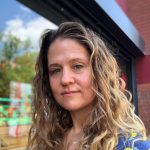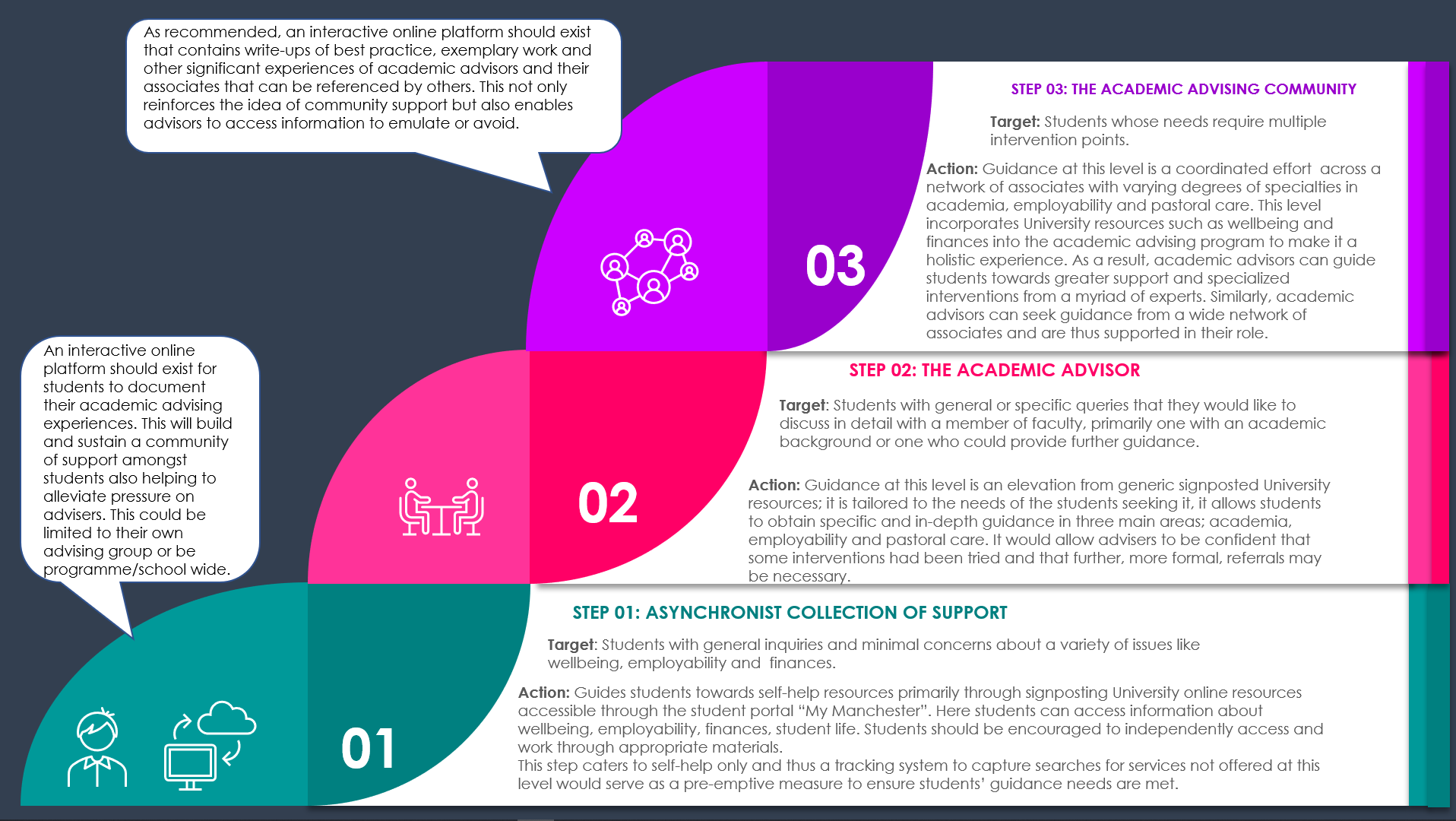Now for something completely different: life as a Fellow of the ITL (when interrupted by a pandemic)
 Jennie Blake is Head of Teaching and Learning Development in the University of Manchester Library and is a National Teaching Fellow. In this post, Jennie continues our Institute Fellows series by reflecting on the evolution of her project from initial Fellowship interview to project close.
Jennie Blake is Head of Teaching and Learning Development in the University of Manchester Library and is a National Teaching Fellow. In this post, Jennie continues our Institute Fellows series by reflecting on the evolution of her project from initial Fellowship interview to project close.
My story is probably a bit different from my fellow Fellows. From the start, when I arrived at my interview slightly over-excited by the prospect of maybe, perhaps, becoming one of the Inaugural Fellows, it was clear that this was an opportunity to get some work done that could impact teaching and learning University-wide. And I had a plan! I was going to look at the small changes some teaching staff had made to their teaching (did they stop handing out photocopied notes? Did they start to build interleaving or spaced retrieval into their courses?) and see how those changes felt to the staff (did it make the process easier? Student assessments stronger? Could it be tried by someone else, somewhere else?). I wanted to take a series of small changes and show their impact, and thus, maybe, encourage others to give these little things a go.
That was in February. By March, life was both on hold and in upheaval, and it was clear that little changes were a thing of the past. With my original idea -suspended, and, let’s be honest, life having taken an unexpected turn, I was asked instead to use some of my background working on academic advising to support an international benchmarking exercise on the expectations for advisors around the world.
Academic Advising: where do we sit? And what do we need?
With a new plan, and an absolutely amazing student partner, I started to work with others at the Institute to figure out how we might support staff acting as academic advisors to ensure that students could get the support they needed to succeed whilst at the University. This is a question that has been asked time and time again (I had already asked it myself in a prior role!), so it was important to me that what came out of the work this time was practical, actionable, and sensitive to the contexts we are operating in.
With those caveats in mind, I worked with my student partner to survey and interview a range of academic advisors and students. It became clear that, as we already were aware, academic advisors often became a single point of truth for students — a single point of pressure on an individual relationship to be or know everything a student might need (whether this was the intention of the role or not). Students noted that they sometimes felt reluctant to reach out, and advisors noted that it was often a lonely role, without an organised community of people to rely on, share questions with, or bounce ideas off.
I think the original idea was that I might come up with some training needs to support those taking up the role of academic advisor but (as will surprise no one who knows me) I suggested something completely different.

I was asked to come up with some training—I ended up suggesting a complete support structure instead!
Luckily, Fellows are given the space to explore different ideas and travel slightly different roads, and I have found that the work I did is being circulated, looked at and taken seriously. Although I didn’t get to investigate what I originally intended to (and quite honestly still really, really want to!), I feel like the work I did will support staff and students at Manchester and make a positive contribution to the work we all do here.
The very best bits
In addition to the feeling that I have been able to make a difference, the most amazing bits of my Fellowship were the chance to work with two incredible student partners, Oladamola Arasanmi and Upendo Ipini, and the rest of the team at the Institute. My student partners were truly co-researchers, helping with survey design and analysis, working to reach out to students and staff, and putting together the report at the end. They were an inspiration and it was a privilege to work with them for the duration of my Fellowship. Finally, the rest of the team at the Institute made swapping projects, keeping in touch during a pandemic, running a research project from home, and all the myriad opportunities and responsibilities of the Fellowship feel both smooth and exciting. So many things were stressful during this year but the Fellowship was an absolute pleasure from start to finish.
To find out more about Jennie’s Fellowship project, you can get in touch with her on jennie.blake@manchester.ac.uk.







0 Comments